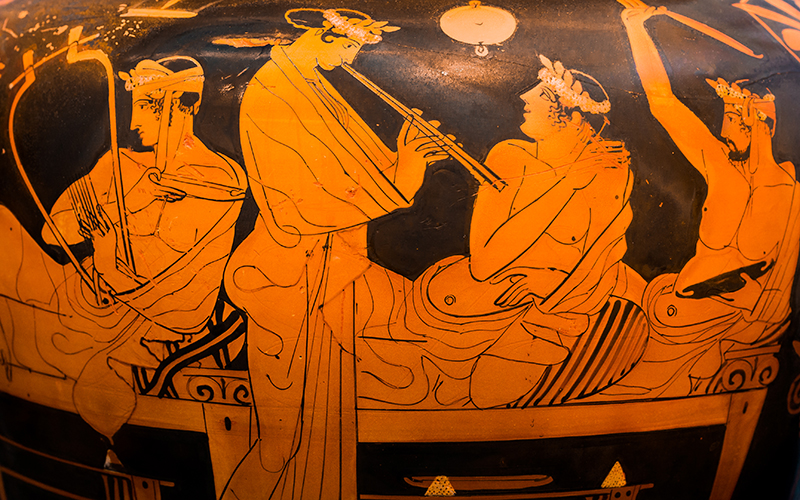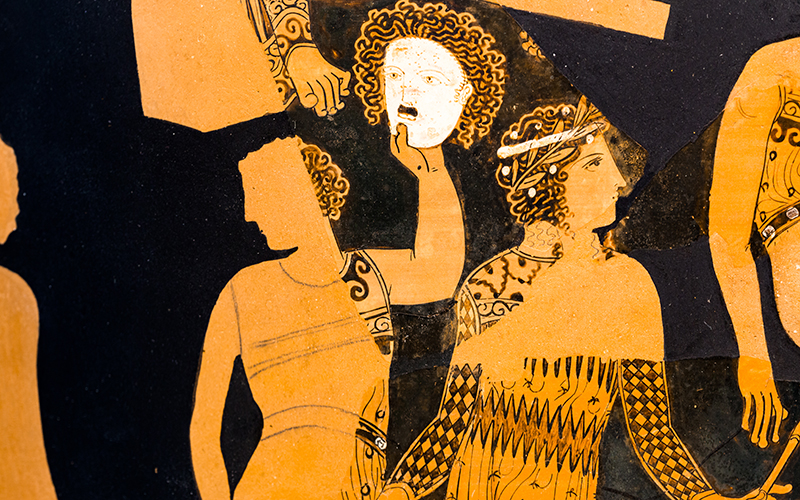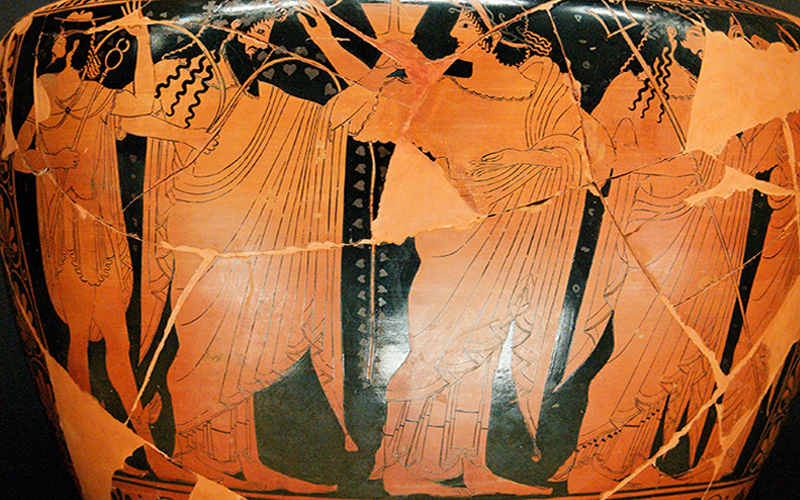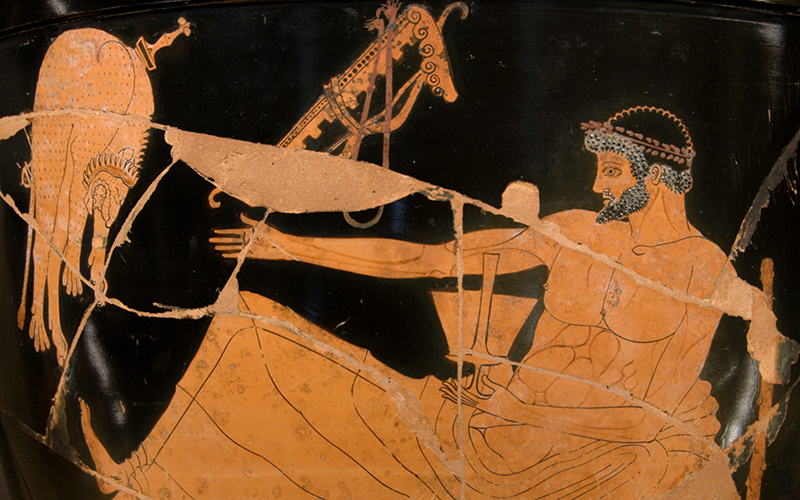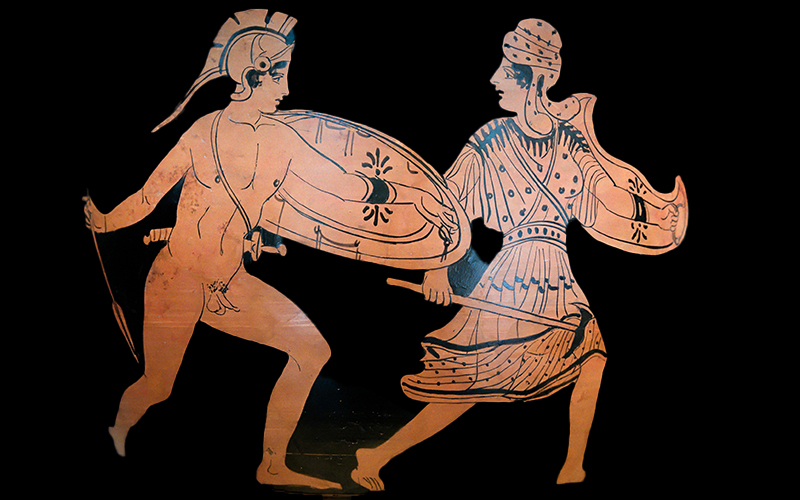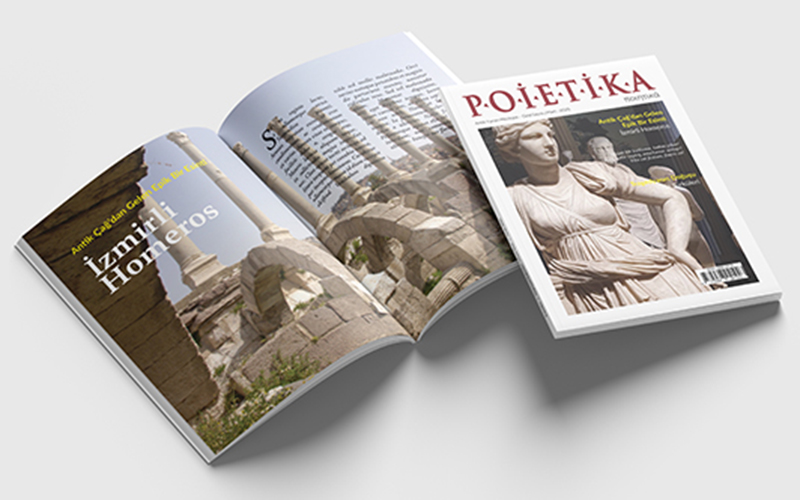
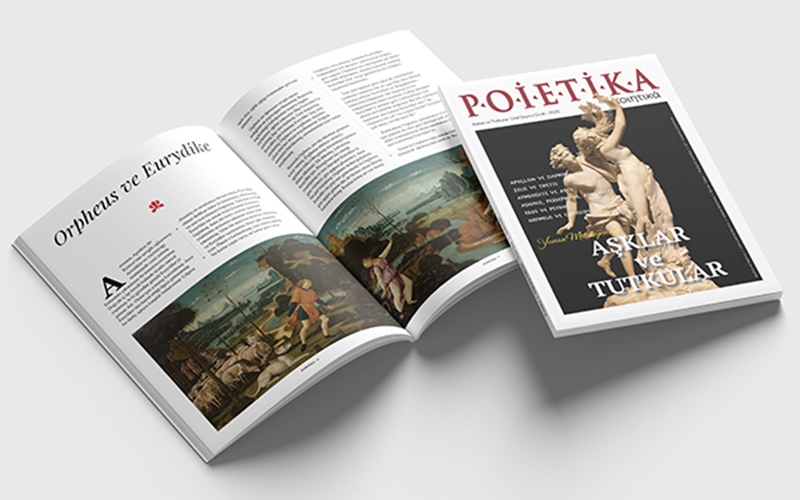



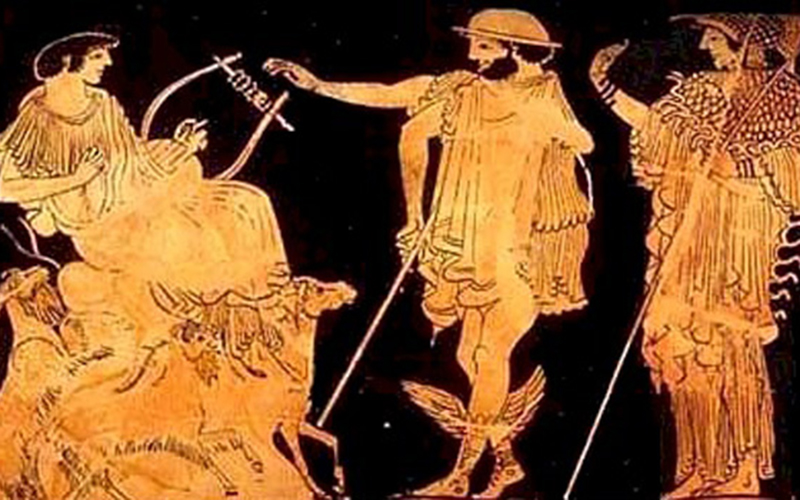
Olympos is in turmoil! A golden apple thrown into the middle of a grand feast has turned the goddesses against each other. A fierce dispute erupted between Hera, Athena, and Aphrodite. The wedding ceremony of Thetis, one of the fifty Nereid daughters of Nereus, and the mortal Peleus started off on the wrong foot. The feast held on Olympos had one notable absence—Eris, the Goddess of Discord, was not invited.
“Would there be a wedding without Eris?” she declared, furious at being excluded. Determined to make her presence felt, she tossed a golden apple inscribed with "To the Fairest" into the heart of the celebration before slipping away. The moment the apple hit the ground, tensions flared between Hera, Athena, and Aphrodite, each claiming it for herself. Unable to reach a decision, they turned to Zeus for judgment.
What followed left all of Olympos in shock. With his wife and sister Hera on one side and his daughters Athena and Aphrodite on the other, Zeus refused to intervene, unwilling to risk turning a family quarrel into divine warfare. Instead, he passed the responsibility to a mortal—Paris, a shepherd tending his flock on Mount Ida.
As soon as the goddesses reached Paris, the competition took a different turn. Rather than relying on their natural beauty, they each attempted to sway the young man with promises of power, wisdom, and love. Hera offered him the kingdom of Asia Minor, Athena promised unmatched intelligence, and Aphrodite, playing to the desires of men, vowed to grant him the love of Helen of Sparta.
Now, all eyes—both in Olympos and in the mortal world—are fixed on Mount Ida, waiting for the outcome of the world's first beauty contest.
Who will Paris choose as "the fairest"? This question has taken over conversations across Olympos and the Agora. Meanwhile, the most talked-about figure in the gossip circles is none other than Aphrodite. If she is already known as the most beautiful goddess, why does she feel the need to make an offer? Why didn’t she simply rely on her own beauty instead of bargaining with "the love of Helen"?The long-awaited news has finally arrived. Hermes, the messenger of the gods, has reported that Paris awarded the golden apple to Aphrodite.
While some see this as the obvious outcome, others claim that Aphrodite did not win by merit but by bribery, and that the true fairest of them all should have been Helen of Sparta.
Debates rage on among mortals and gods alike, but for the three goddesses, the matter is far from over. Hera and Athena, united in their anger, have made it clear that although the contest is over, Paris’ decision will bring disaster not only to himself but also to his homeland, Troy. Their resentment has now turned into open hostility toward the city.
What happens next is the burning question on everyone’s mind, from the streets of Troy to the halls of Olympos.
Some believe that all of this is simply the work of the Moirai, the Fates. After all, a prophecy about Troy has been circulating for years. It is said that Queen Hecuba, while pregnant with her youngest son Paris, had a disturbing dream and consulted the most renowned oracles of the time. Their interpretation was grim: the dream foretold the destruction of Troy.
In her vision, Hecuba saw flames rising from her womb, engulfing the entire city. Alarmed by the prophecy, King Priam and Queen Hecuba took drastic measures. As soon as Paris was born, he was handed over to a servant and abandoned on Mount Ida to prevent the prophesied catastrophe. However, fate had other plans. A shepherd found the infant, raised him as his own, and unknowingly preserved the very force that would one day bring ruin upon Troy.
Now, those who see the beauty contest as nothing more than a plot by the Fates argue that it was simply an excuse to bring Paris back to Troy. With his true identity revealed, Paris was bound to return to his homeland. And once he did, he would claim the ultimate prize Aphrodite had promised—Helen of Sparta.
If that happens, one thing is certain: war between the Achaeans and the Trojans will be inevitable.
The echoes of an ancient prophecy now seem to be colliding with the unfolding events. Across both the mortal world and Olympos, an uneasy anticipation fills the air. Will fate run its course, or has this entire crisis been set in motion by a single golden apple?
